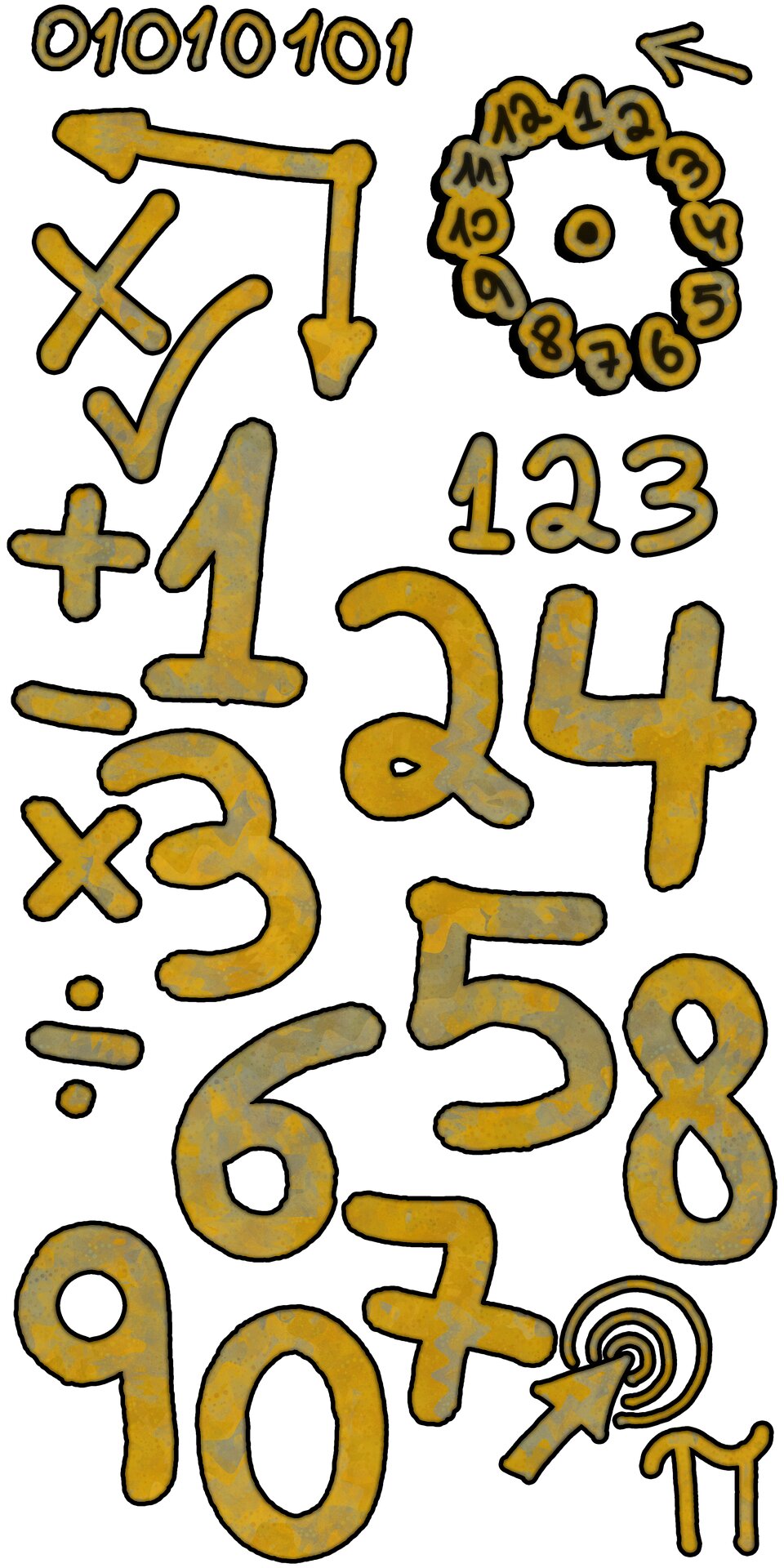Cracking the Math Code: Why Timed Drills Actually Boost Kids' Learning, According to Science

The Great Math Learning Debate: Memorization vs. Understanding
For generations, parents and educators have grappled with a fundamental question: What's the most effective approach to teaching children mathematics? Should young learners focus on rote memorization of multiplication tables and number facts, or dive deeper into mathematical concepts and reasoning?
Traditional teaching methods have long emphasized memorization—drilling multiplication tables, practicing rapid calculations, and rewarding quick recall. This approach suggests that mathematical proficiency comes from knowing numbers by heart. Students would spend hours chanting multiplication facts and practicing mental arithmetic.
However, modern educational research increasingly supports a more nuanced approach. Experts now argue that true mathematical understanding goes beyond mere memorization. By helping children grasp the underlying principles and logic of mathematics, we can foster deeper, more meaningful learning.
Conceptual learning encourages students to explore why mathematical operations work, not just how to perform them. When children understand the relationships between numbers and the reasoning behind mathematical processes, they develop critical thinking skills and mathematical intuition.
The ideal approach likely combines both strategies: providing a foundation of memorized facts while simultaneously nurturing conceptual understanding. By balancing memorization with exploration, we can help children become confident, creative mathematical thinkers who not only calculate quickly but also comprehend the beautiful logic underlying mathematical principles.
